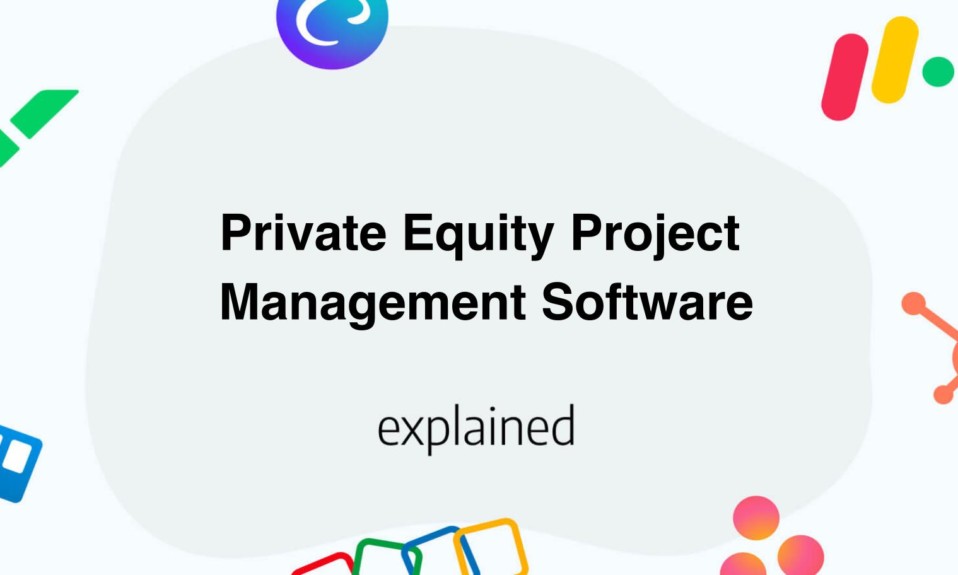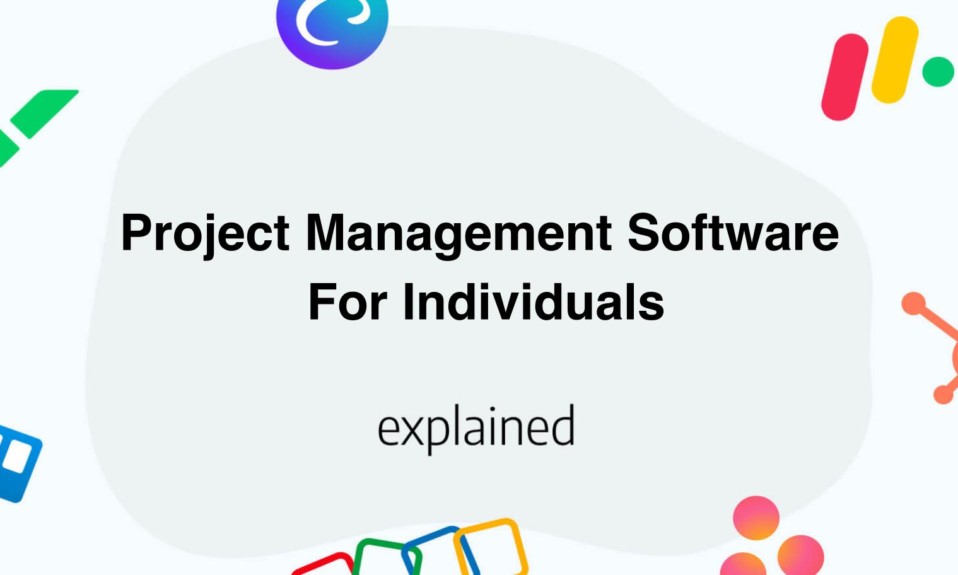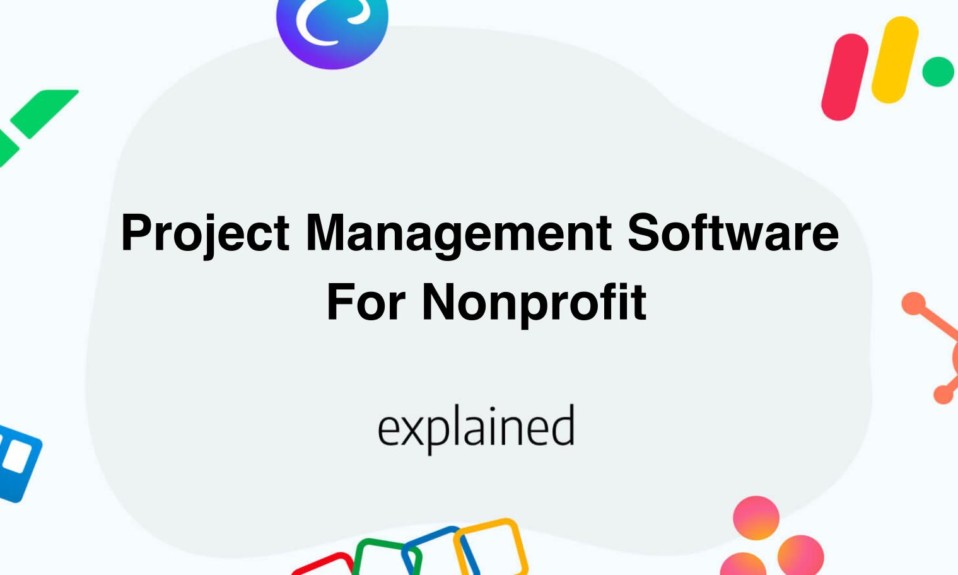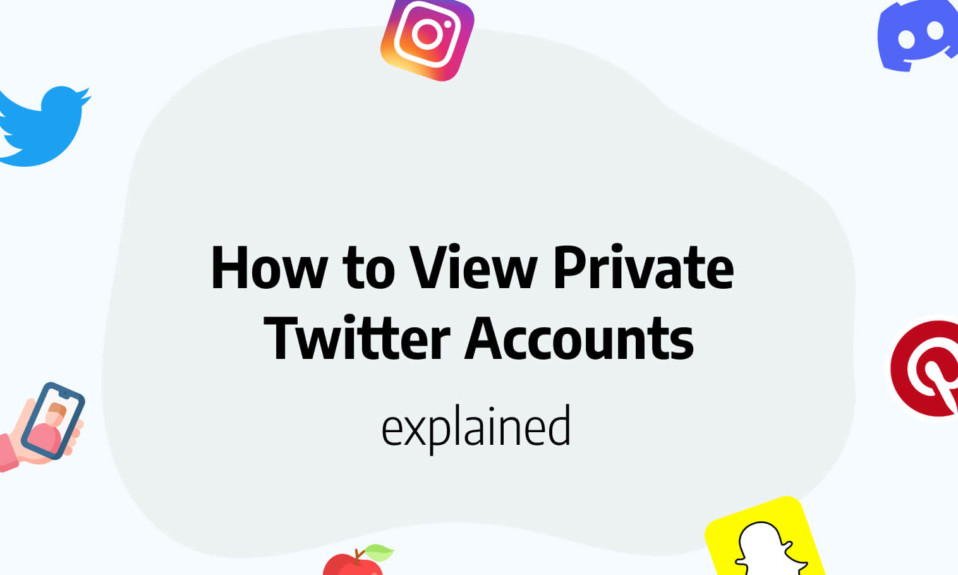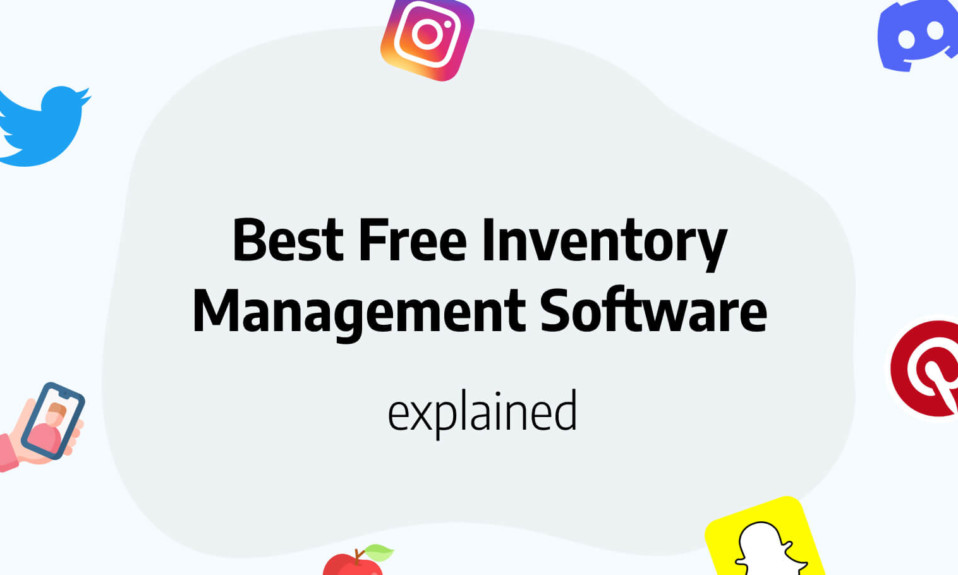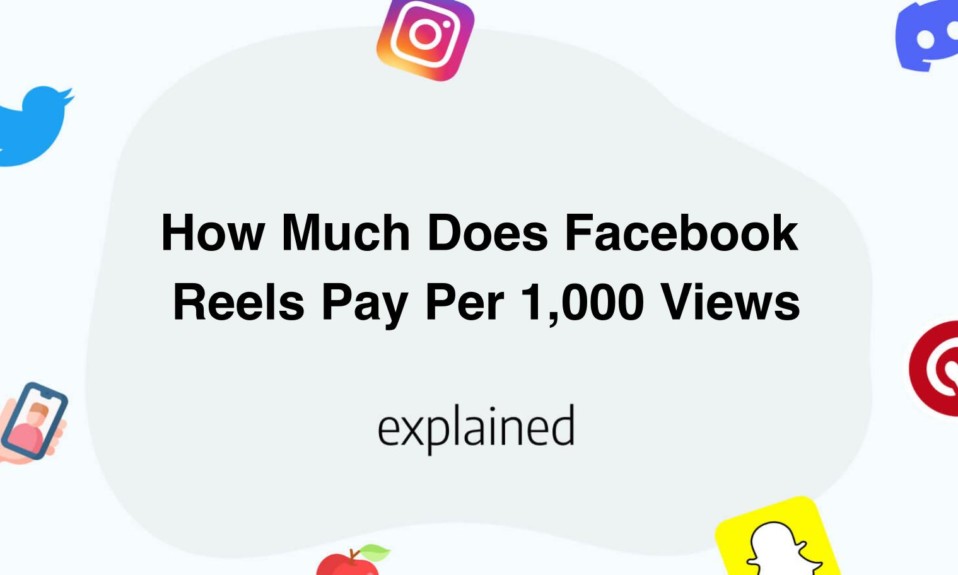Are you searching for the best private equity project management software to streamline your investment process?
In this article, we have carefully curated a list of the best private equity project management software options available in the market.
Whether you’re a small private equity firm or a large multinational corporation, these software solutions offer comprehensive features to enhance efficiency, collaboration, and project success.
From deal pipeline tracking to performance analytics, these tools cater to all your specific needs in the realm of private equity project management.
14 Best Private Equity Project Management Software
monday.com
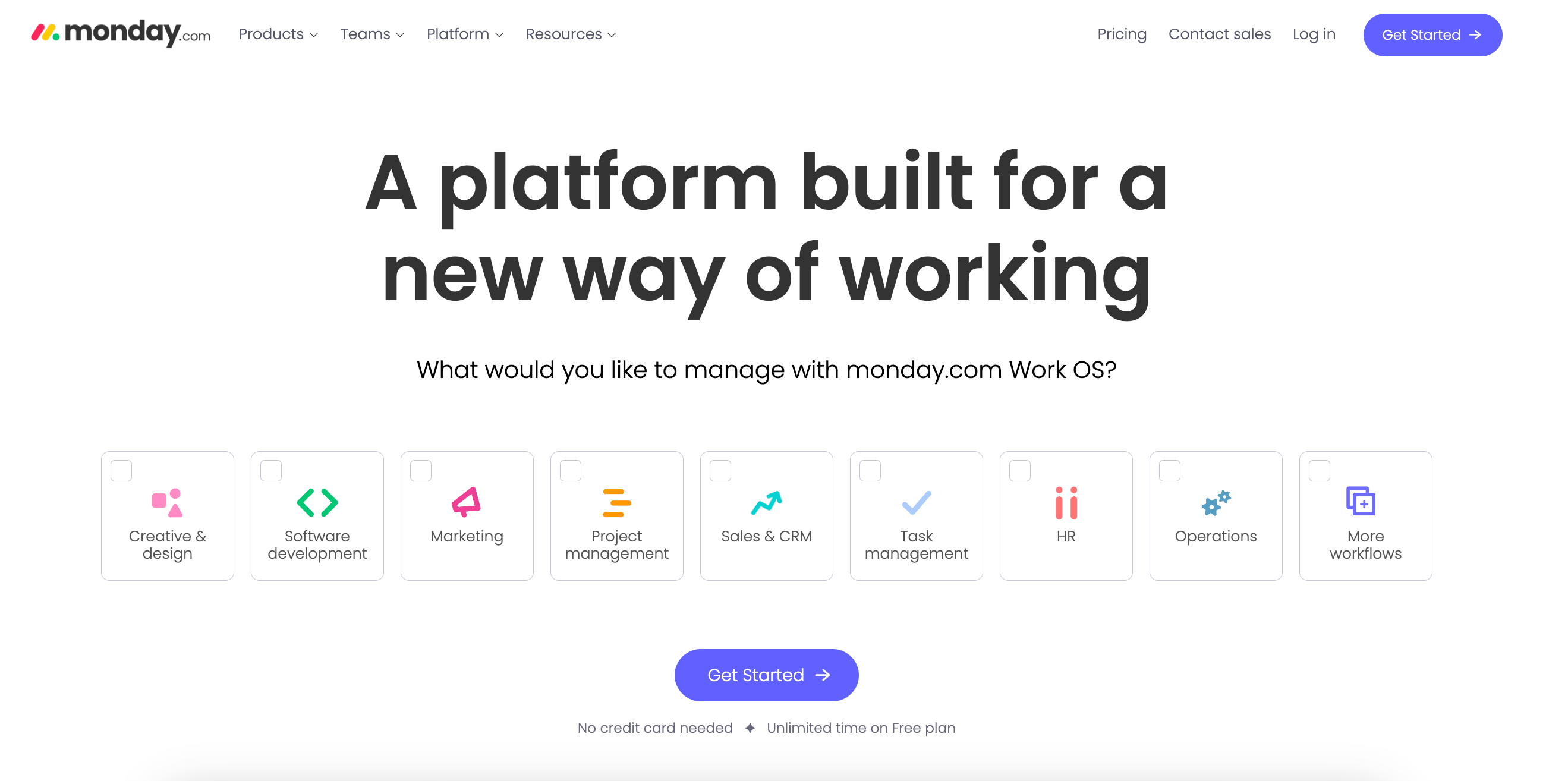
With its intuitive interface and robust features, monday.com offers a range of tools to effectively manage and track the progress of projects in the private equity industry.
The software allows users to create detailed project plans, set deadlines, allocate resources, and collaborate with team members seamlessly.
Additionally, monday.com provides customizable dashboards and visual reports to provide real-time insights into project status and performance.
The software’s flexible nature allows it to be utilized by private equity firms of all sizes, whether they are managing a single project or multiple portfolios.
With its extensive features and user-friendly interface, monday.com is a valuable asset for private equity professionals seeking efficient project management solutions.
Pros:
- Intuitive and user-friendly interface
- Customizable dashboards and visual reports
- Efficient task management and collaboration features
- Scalable for projects of any size
- Real-time insights into project status and performance
Cons:
- Limited integration with third-party tools and software
- Might require some time to fully familiarize with all features
Celoxis
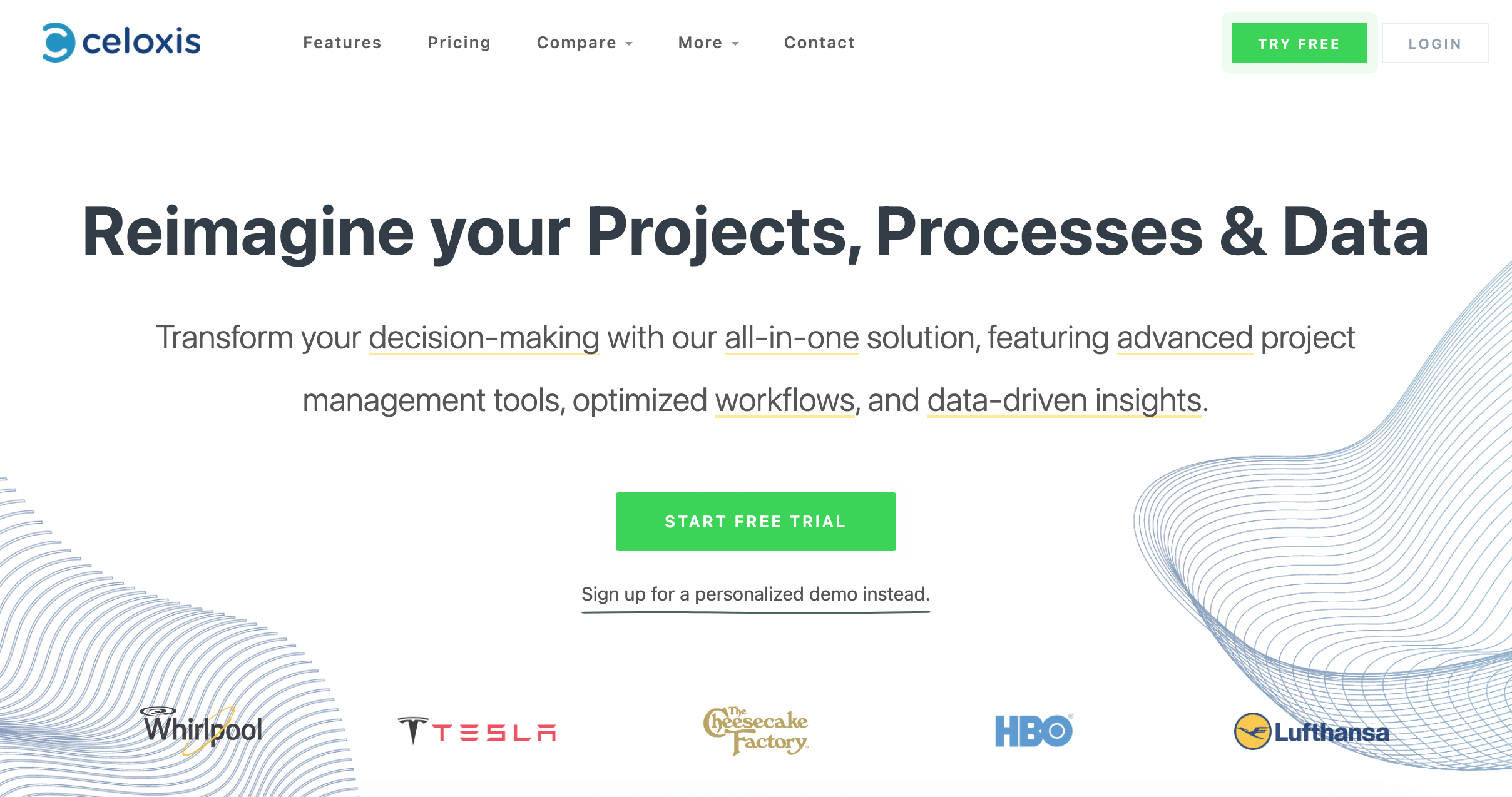
With its robust features and user-friendly interface, Celoxis empowers private equity firms to streamline their project management processes.
The software offers a range of capabilities, including project planning, resource management, time tracking, and reporting, all tailored specifically for private equity projects.
Celoxis stands out for its ability to handle complex financial modeling and deal flow management, ensuring accuracy and efficiency throughout the project lifecycle.
Pros:
- Advanced financial modeling capabilities
- Seamless deal flow management
- Customizable dashboards for real-time project visibility
- Extensive reporting and analytics features
- Collaboration tools for team communication and document sharing
Cons:
- Initial setup and customization may require technical expertise
- Limited integrations with third-party applications
- Higher learning curve for new users
For who?:
Celoxis is the ideal solution for private equity firms and professionals looking for a comprehensive project management tool tailored to their specific needs.
Whether managing complex financial modeling, tracking deal flow, or collaborating with team members, Celoxis provides the necessary tools and features to streamline project management and enhance overall efficiency.
Redbooth
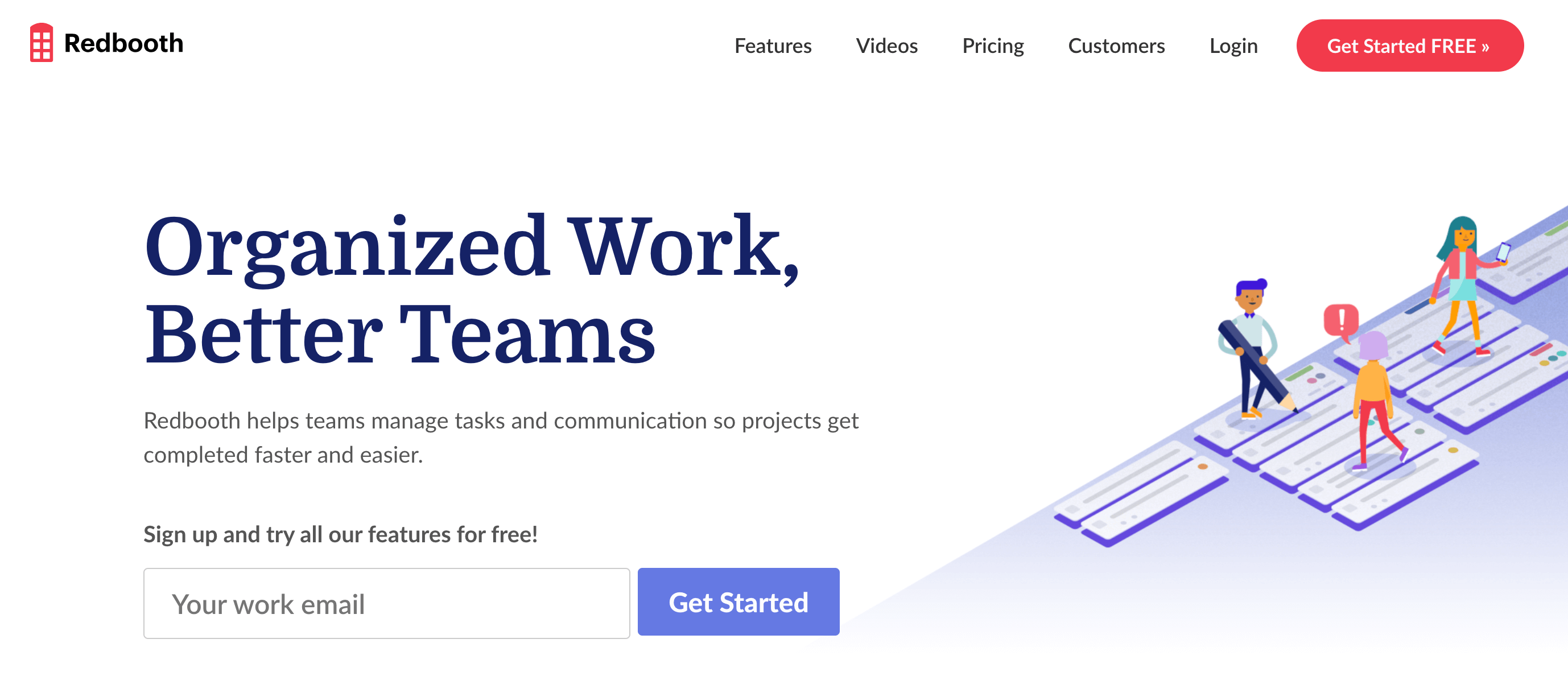
With its user-friendly interface and robust features, Redbooth empowers users to efficiently plan, track, and collaborate on various project tasks.
The software allows for seamless integration with popular tools like Salesforce, Google Drive, and Dropbox, enhancing productivity and streamlining workflows.
Redbooth’s intuitive design promotes collaboration and communication among team members, enabling them to work together seamlessly on project goals.
One of the standout features of Redbooth is its powerful reporting and analytics capabilities, providing detailed insights and metrics on project progress and performance.
Additionally, Redbooth offers a secure and customizable platform, ensuring the confidentiality and privacy of sensitive project data.
Pros:
- User-friendly interface
- Seamless integration with popular tools
- Enhanced collaboration and communication
- Robust reporting and analytics capabilities
- Secure and customizable platform
Cons:
- Steep learning curve for new users
- Limited customization options for certain features
For who?:
Redbooth is an ideal solution for private equity firms and professionals seeking an efficient and comprehensive project management software.
Whether it’s tracking and managing investments, analyzing market trends, or coordinating due diligence processes, Redbooth simplifies and streamlines project management for private equity projects.
Its powerful features and secure platform make it a valuable asset for private equity professionals, enabling them to stay organized, increase productivity, and drive successful outcomes in their projects.
TeamGantt
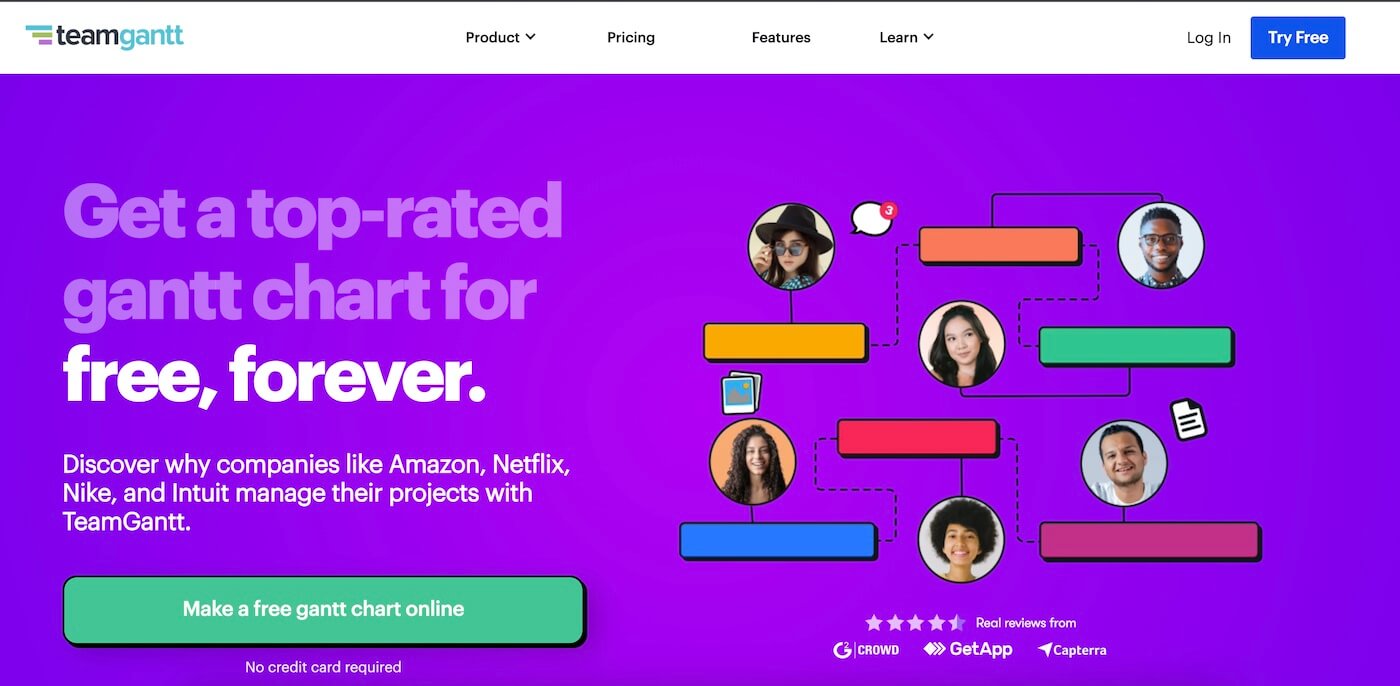
With its user-friendly interface and intuitive design, TeamGantt allows private equity firms to effectively plan, organize, and track project timelines, tasks, and resources.
The software provides real-time collaboration capabilities, enabling teams to work together seamlessly and stay updated on project progress.
It also comes with interactive Gantt charts that offer a visual representation of project schedules, dependencies, and milestones.
Additionally, TeamGantt offers document sharing and versioning features, ensuring that all team members have access to the most up-to-date project documents.
Pros:
- User-friendly interface and intuitive design
- Real-time collaboration capabilities
- Interactive Gantt charts for visual representation
- Document sharing and versioning features
Cons:
- Limited customization options
- Lack of more advanced reporting and analytics features
TeamGantt is an ideal solution for private equity firms looking to streamline their project management processes and improve overall efficiency.
Its user-friendly interface and collaborative features make it suitable for both small and large teams.
Whether it’s managing multiple projects simultaneously or overseeing complex timelines, TeamGantt provides the necessary tools and functionalities to ensure successful project execution.
ActiveCollab
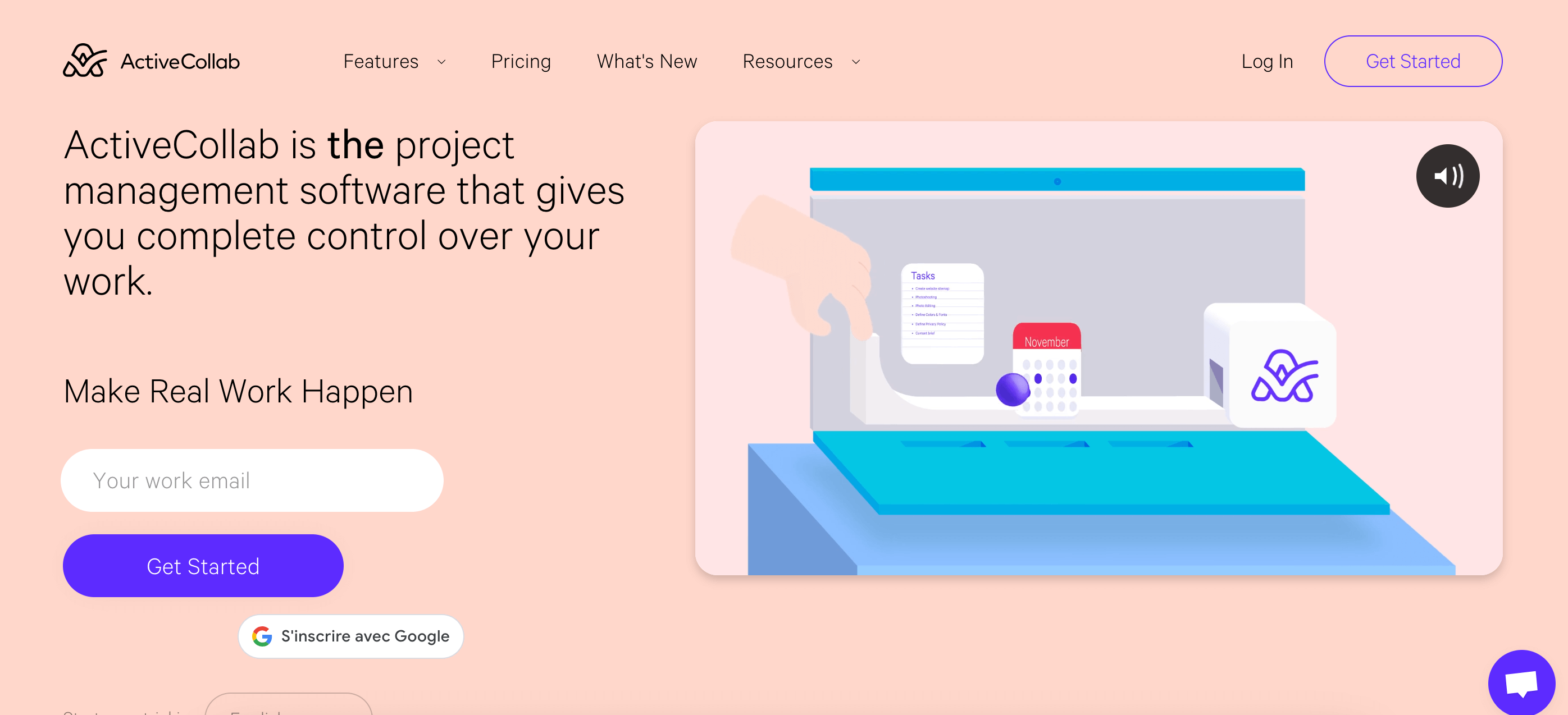
This comprehensive software offers a wide range of features and tools to effectively manage projects, tasks, and teams.
With its user-friendly interface and customizable dashboards, ActiveCollab provides a centralized platform for collaboration and communication, allowing teams to effortlessly coordinate and track project progress.
One notable feature of ActiveCollab is its robust reporting capabilities, which provide valuable insights and data to aid decision-making and enhance project efficiency.
Additionally, the software offers time tracking and invoicing functionalities, making it an all-in-one solution for project management and financial management.
However, despite its numerous advantages, ActiveCollab does have some drawbacks, including limited integrations with third-party applications and a relatively higher price point compared to other project management tools.
Nonetheless, ActiveCollab is an ideal solution for private equity firms seeking a comprehensive and efficient project management software to streamline their operations.
Asana

With its easy-to-use interface and wide range of features, Asana allows users to streamline their workflow, prioritize tasks, and track progress in real-time.
The software offers a centralized platform for teams to communicate, share files, assign tasks, and set project deadlines, ensuring that everyone is on the same page and working towards the same goal.
Asana’s intuitive and visually appealing design allows users to easily navigate through their projects and stay organized.
With its powerful search capabilities, users can quickly find specific tasks, files, or discussions, enhancing productivity and efficiency.
Asana also provides customizable project templates and reporting tools, enabling teams to save time on recurring projects and gain valuable insights into their performance.
Pros:
- Intuitive and user-friendly interface
- Efficient task management and tracking
- Real-time collaboration and communication
- Centralized platform for file sharing and discussions
- Powerful search capabilities
- Customizable project templates and reporting
Cons:
- Steeper learning curve for advanced features
- Limited customization options for project views
- Some features may only be available in premium plans
For who?:
Asana is ideal for private equity firms, investment banks, and other financial institutions involved in project management.
It caters to the unique needs of these organizations, providing them with all the necessary tools to effectively manage complex projects, prioritize tasks, and enhance team collaboration.
Additionally, Asana can benefit project managers, team leaders, and individual contributors seeking to streamline their workflow and ensure project success.
Whether it’s conducting due diligence, managing investor relations, or tracking deal pipelines, Asana offers a robust solution that helps private equity professionals stay organized and achieve their goals more efficiently.
Microsoft Project
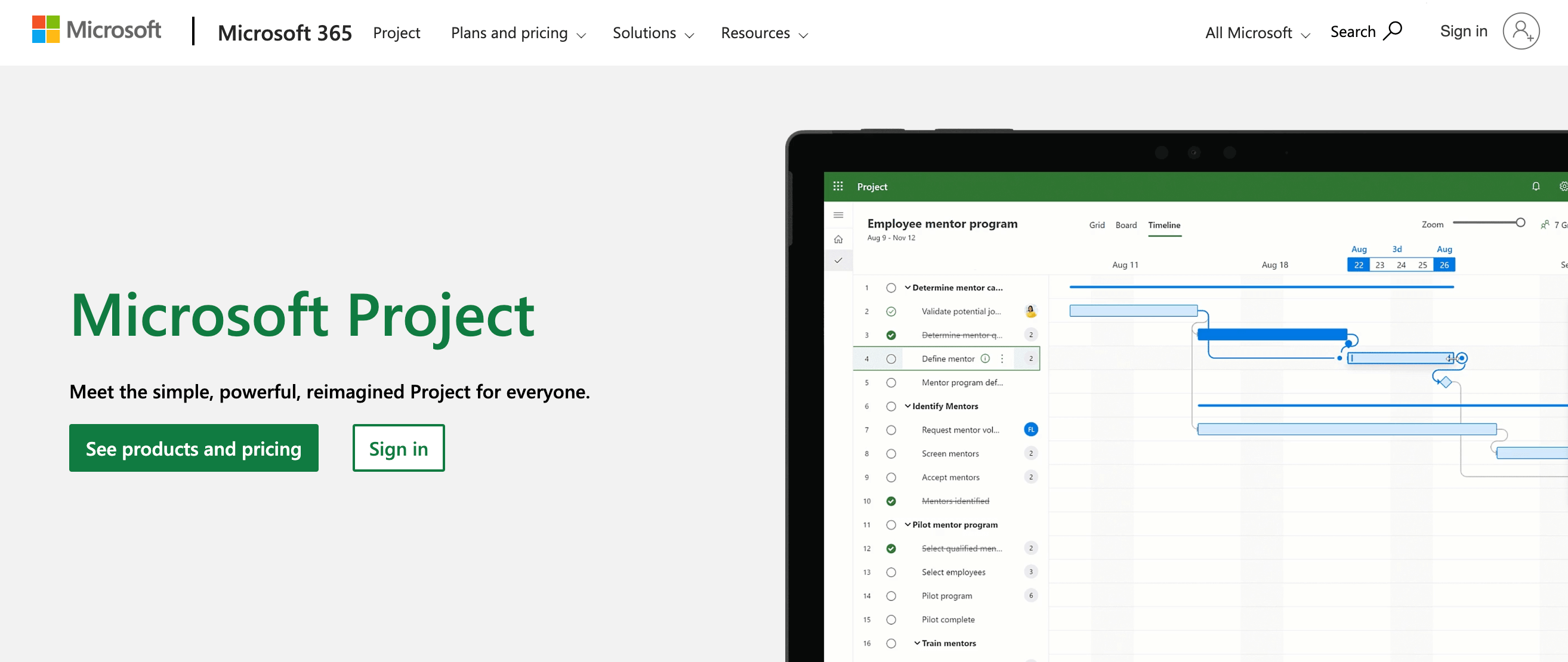
With its user-friendly interface and robust features, it provides an in-depth description of the software that enables private equity professionals to efficiently plan, execute, and monitor their projects.
This software offers a wide range of capabilities, including task scheduling, resource allocation, cost estimation, and risk analysis.
It allows users to effectively collaborate and communicate with team members, ensuring better coordination and productivity.
Moreover, Microsoft Project provides pros such as Gantt chart visualization, real-time progress tracking, and advanced reporting functionalities, which greatly enhance project visibility and decision-making.
However, some cons of this solution include a steep learning curve for beginners and limited integration with other software systems.
Overall, Microsoft Project is an ideal solution for private equity firms looking to streamline their project management processes and maximize efficiency.
Zoho Projects
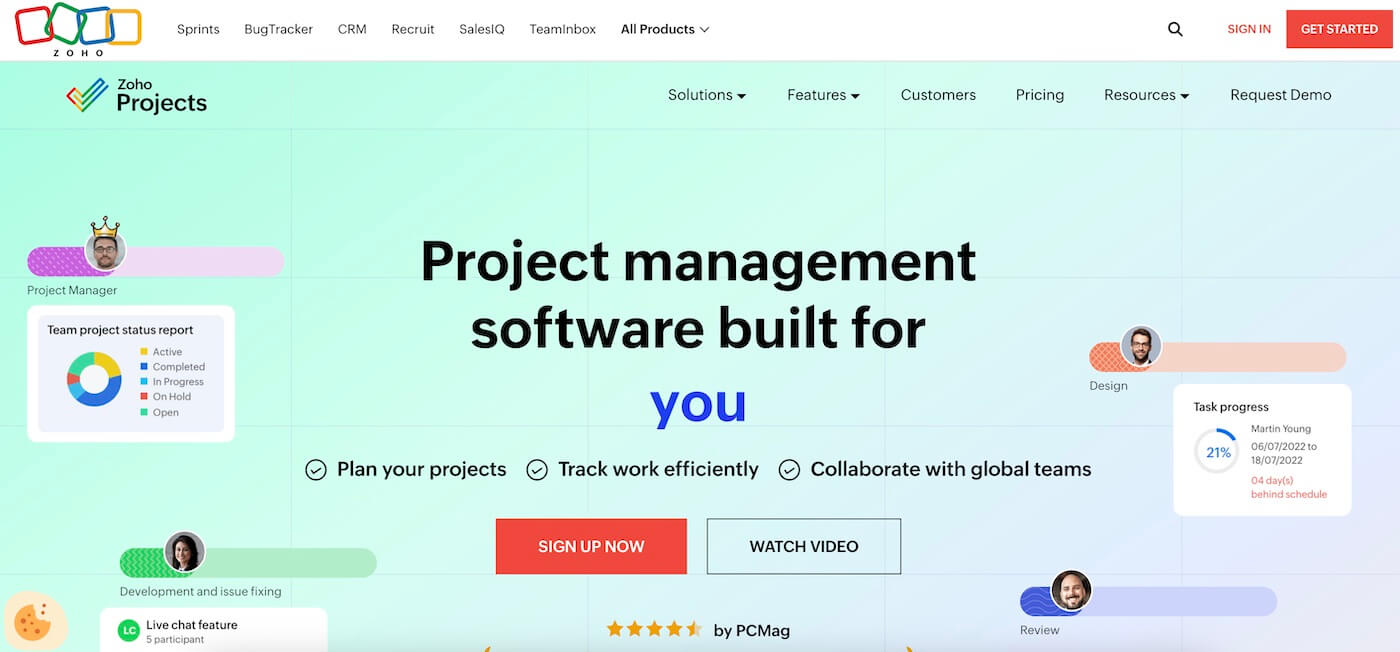
With its user-friendly interface and customizable dashboards, Zoho Projects allows private equity firms to efficiently track and manage projects, tasks, and resources from one centralized platform.
The software offers robust collaboration features, enabling team members to easily communicate, share files, and collaborate on project deliverables.
In addition, Zoho Projects provides advanced reporting and analytics capabilities, allowing users to track project progress, identify bottlenecks, and make data-driven decisions.
The software also integrates seamlessly with other Zoho applications and third-party tools, further enhancing its functionality.
Overall, Zoho Projects is a reliable and powerful solution for private equity firms looking to optimize their project management workflows and drive successful project outcomes.
Pros:
- Intuitive and user-friendly interface
- Customizable dashboards for personalized project tracking
- Advanced collaboration features for enhanced team communication and file sharing
- Robust reporting and analytics capabilities for data-driven decision making
- Seamless integration with other Zoho applications and third-party tools
Cons:
- Limited customization options for certain features
- Some users may find the learning curve steep initially
- Limited visual appeal and design customization options
For who?:
Zoho Projects is an ideal solution for private equity firms of all sizes, as well as project managers, team leads, and individual contributors involved in private equity projects.
It caters to the specific needs of private equity professionals, offering tailored features and functionalities to effectively manage projects, track progress, and collaborate with team members.
Whether you are a small firm or a large enterprise, Zoho Projects can significantly improve your project management processes and drive successful project outcomes in the private equity industry.
Paymo
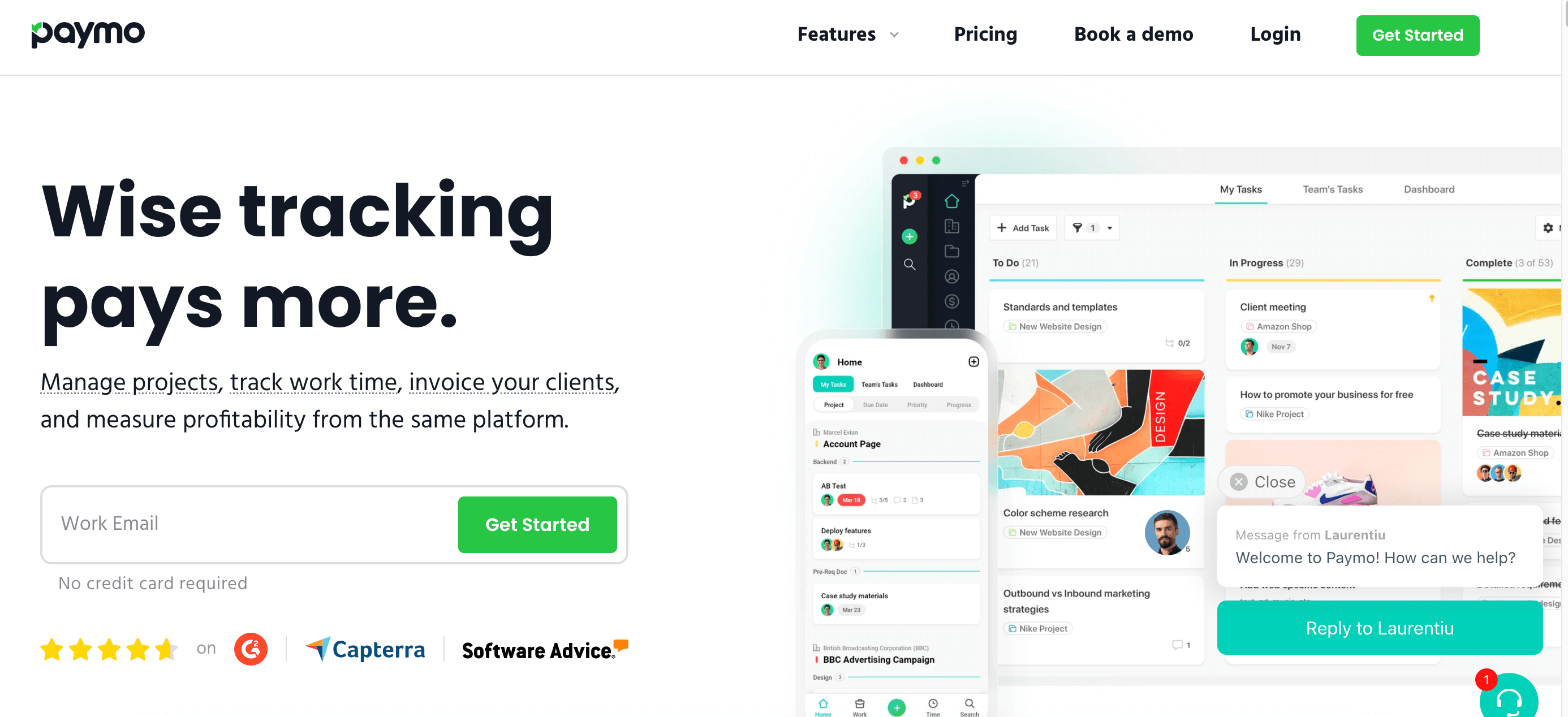
With its user-friendly interface and powerful features, Paymo allows private equity firms to efficiently manage their projects from initial planning to execution and monitoring.
This software offers a wide range of tools and functionalities, including task management, time tracking, resource allocation, and collaboration tools, all in one centralized platform.
The intuitive project dashboard provides real-time updates and insights, enabling users to easily track progress, identify bottlenecks, and make informed decisions.
Additionally, Paymo offers seamless integration with other popular software solutions, such as G Suite and Slack, enhancing productivity and ensuring smooth communication within the team.
Pros:
- Intuitive and user-friendly interface
- Comprehensive set of project management features
- Real-time updates and insights
- Seamless integration with other software solutions
Cons:
- Restricted customization options
- Limited reporting capabilities
Workamajig
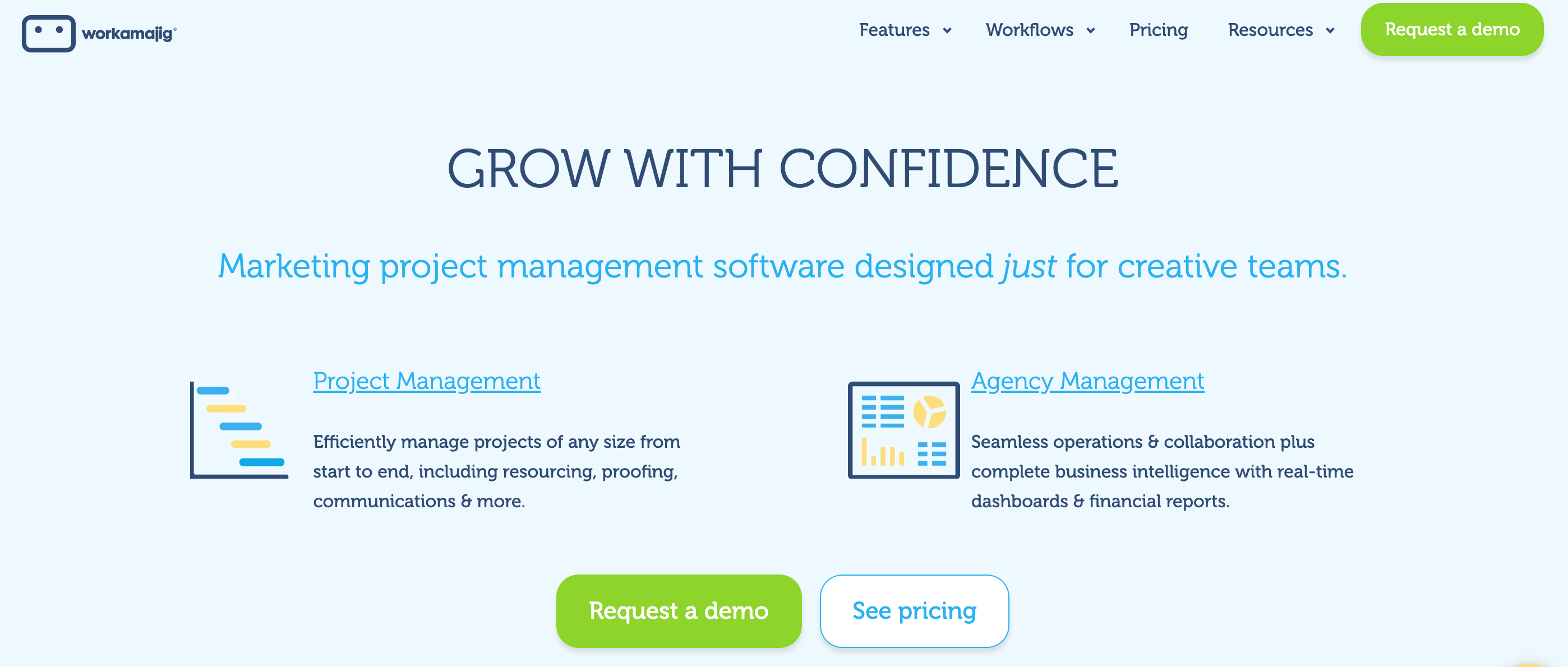
With its user-friendly interface and robust features, Workamajig streamlines project workflows, enhances team collaboration, and enables real-time tracking of project progress.
The software offers a wide range of functionalities including task management, resource allocation, budgeting, time tracking, and reporting, making it an all-in-one solution for project management needs.
Workamajig’s intuitive interface allows users to easily navigate through its various modules, ensuring seamless adoption for both experienced and novice users.
Additionally, the software provides customizable dashboards and advanced analytics, empowering project managers to make data-driven decisions.
Furthermore, Workamajig offers integrations with popular applications like Microsoft Office and QuickBooks, enhancing overall productivity and efficiency.
Pros:
- Intuitive and user-friendly interface for easy navigation and adoption.
- Robust features including task management, resource allocation, budgeting, time tracking, and reporting.
- Customizable dashboards and advanced analytics for data-driven decision-making.
- Integrations with popular applications like Microsoft Office and QuickBooks.
Cons:
- May require initial training for users unfamiliar with project management software.
- Limited customization options for certain modules.
- Pricing plans may be expensive for small businesses with limited budgets.
ClickUp
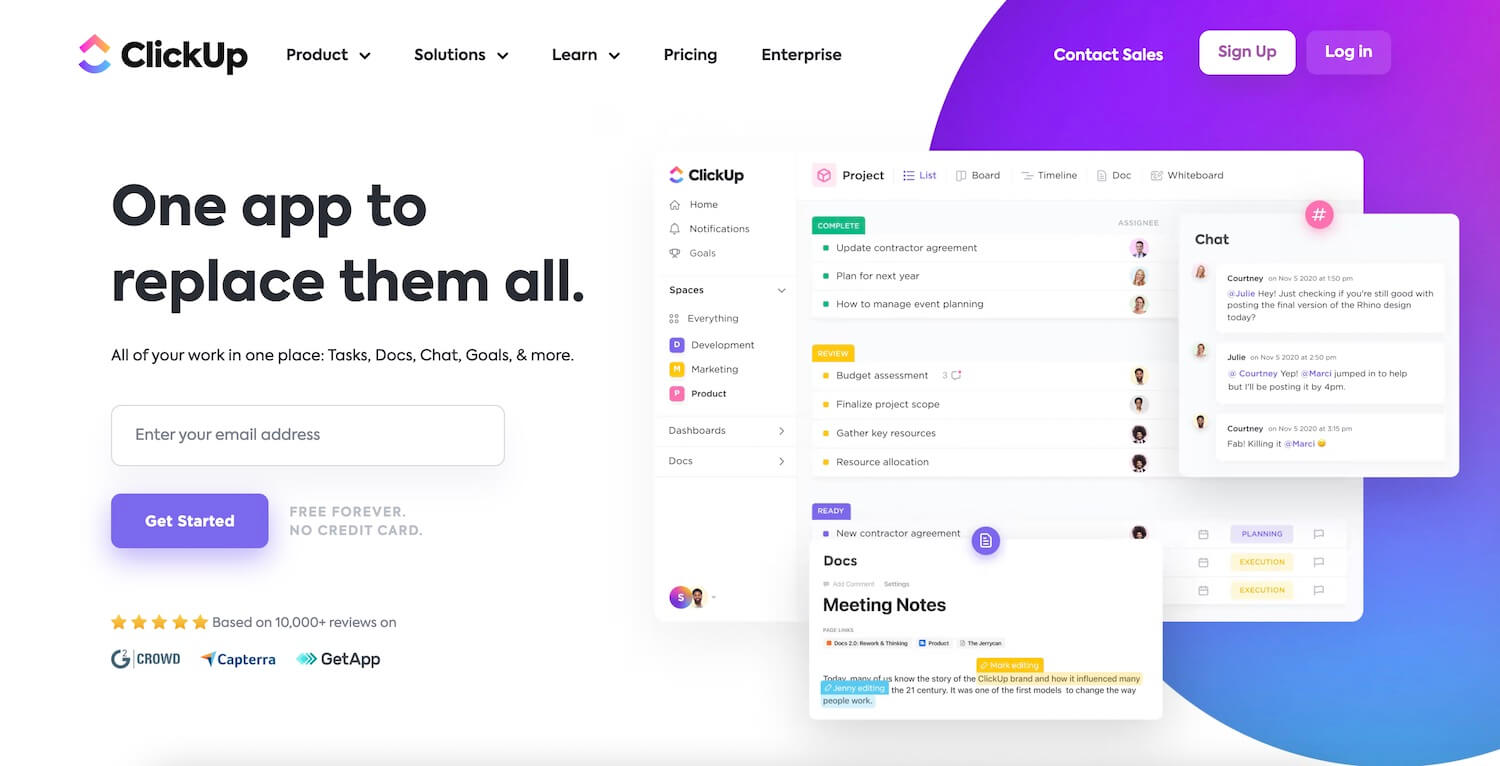
With its user-friendly interface, ClickUp offers a wide range of features and tools that enable efficient collaboration, task management, and reporting.
The software allows users to create customized project boards and track progress in real-time, ensuring teams stay on schedule and meet project milestones.
Additionally, ClickUp offers integration with popular tools like Google Drive and Dropbox, allowing seamless document sharing and storage.
Its built-in time tracking feature allows users to accurately monitor hours spent on specific tasks, enhancing productivity and resource management.
The software also provides customizable reporting and analytics tools, enabling project managers to gain valuable insights into project performance and make data-driven decisions.
Overall, ClickUp empowers private equity professionals to effectively manage projects, streamline workflows, and drive successful outcomes.
Pros:
- User-friendly interface for easy adoption
- Extensive features and tools for efficient project management
- Seamless integration with popular tools
- Built-in time tracking for accurate resource management
- Customizable reporting and analytics for data-driven decision making
Cons:
- Steeper learning curve for complex projects
- Limited mobile app functionality compared to desktop version
For who?:
ClickUp is ideal for private equity firms and professionals involved in project management within the industry.
It caters to investment firms of all sizes, from boutique firms to larger organizations, providing them with the necessary tools to effectively manage their projects and drive successful outcomes.
Whether it is tracking deal pipelines, managing due diligence processes, or monitoring portfolio company performance, ClickUp enables private equity professionals to streamline workflows and collaborate efficiently, ultimately maximizing their productivity and success.
Teamwork
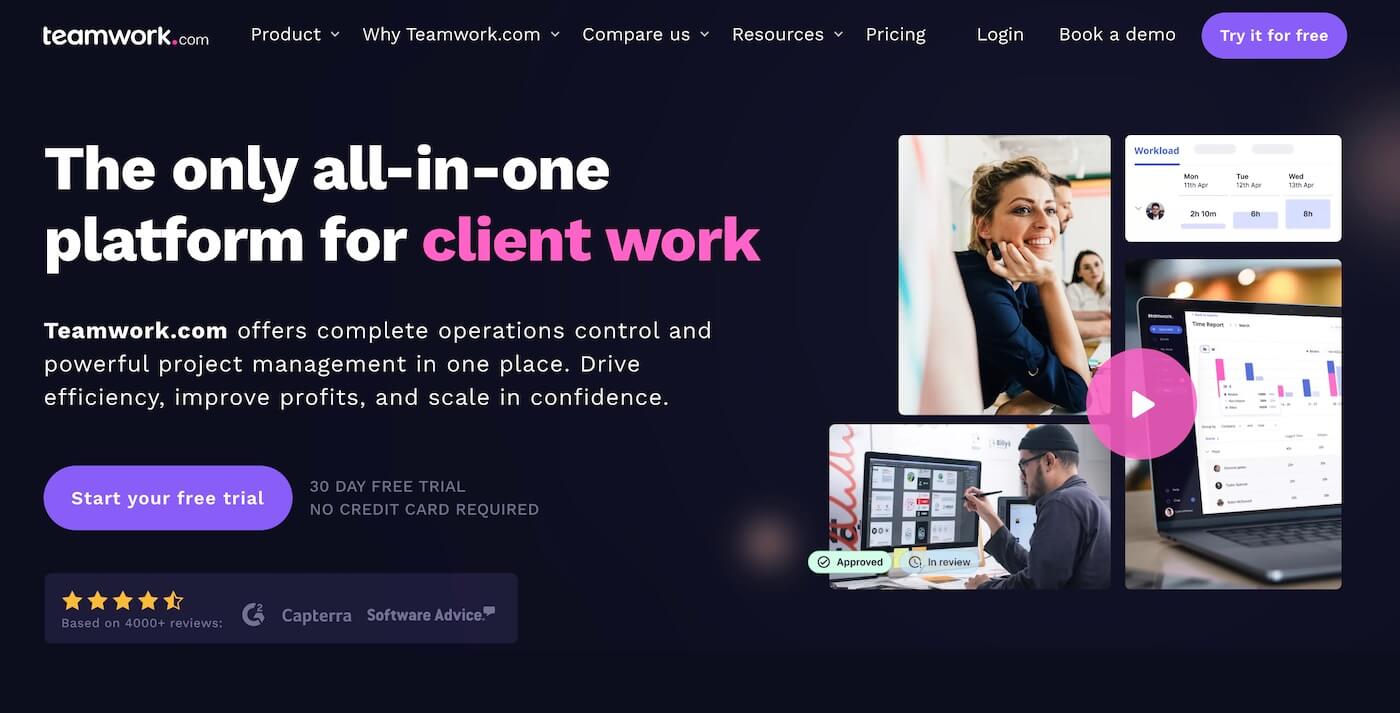
With a user-friendly interface and robust features, it empowers private equity firms to effectively plan, execute, and monitor projects, ensuring timely delivery, cost efficiency, and optimum utilization of resources.
This software offers a wide range of tools to facilitate seamless communication, task management, document sharing, and progress tracking.
Its intuitive interface allows users to seamlessly navigate through various project modules, providing quick access to critical information.
Additionally, Teamwork’s advanced reporting and analytics capabilities enable private equity firms to gain valuable insights into project performance and identify areas for improvement.
Pros:
- Enhanced collaboration and communication among team members.
- Efficient task management and progress tracking.
- Comprehensive document sharing and version control.
- User-friendly interface and easy navigation.
- Advanced reporting and analytics capabilities.
Cons:
- Limited customization options.
- Steep learning curve for new users.
- Higher cost compared to some other project management solutions.
For who?:
Teamwork is particularly suitable for private equity firms and professionals involved in project management within the industry.
It caters to the specific needs of private equity projects, providing tailored features and functionalities to effectively coordinate complex project workflows, collaborate with stakeholders, and ensure successful project outcomes.
Whether it is managing due diligence processes, tracking investment opportunities, or monitoring portfolio company performance, Teamwork offers a comprehensive solution that enables private equity professionals to streamline operations, improve productivity, and drive project success.
Airtable
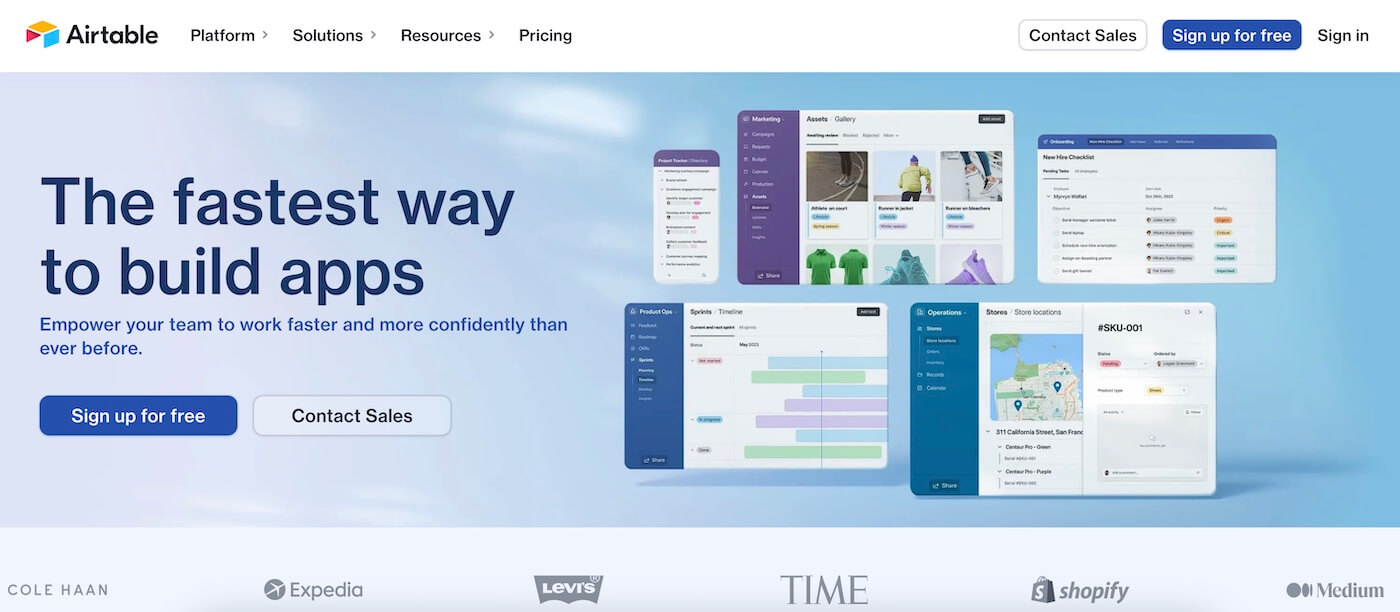
With its visually appealing and user-friendly interface, Airtable allows users to create customized databases, spreadsheets, and collaboration tools tailored for specific project needs.
Users can easily input, modify, and analyze data, while also collaborating with team members in real-time.
One notable aspect of Airtable is its customizable templates that cover a wide range of private equity project management needs, streamlining processes and saving valuable time.
Additionally, Airtable’s powerful search and filtering capabilities enable users to effortlessly navigate through large amounts of data and locate relevant information quickly.
This software also offers seamless integration with various third-party applications, allowing for easy data transfer and enhancing overall productivity.
Despite its many advantages, some potential drawbacks of Airtable include limitations in advanced reporting and analytics features and the absence of a native desktop application.
Pros:
- Customizable databases and templates for specific project needs
- User-friendly interface and visually appealing design
- Real-time collaboration and seamless data sharing
- Powerful search and filtering capabilities
- Integration with third-party applications
Cons:
- Limited advanced reporting and analytics features
- No native desktop application
For private equity professionals and teams, Airtable is an ideal solution for effectively managing and organizing projects.
Whether it’s tracking investments, monitoring due diligence processes, or managing deal pipelines, this software offers the necessary tools and flexibility to handle the complex and dynamic nature of private equity projects.
With its intuitive interface and extensive customization options, Airtable caters to the unique requirements of private equity professionals looking for a streamlined and efficient project management solution.
Zoho Sprints
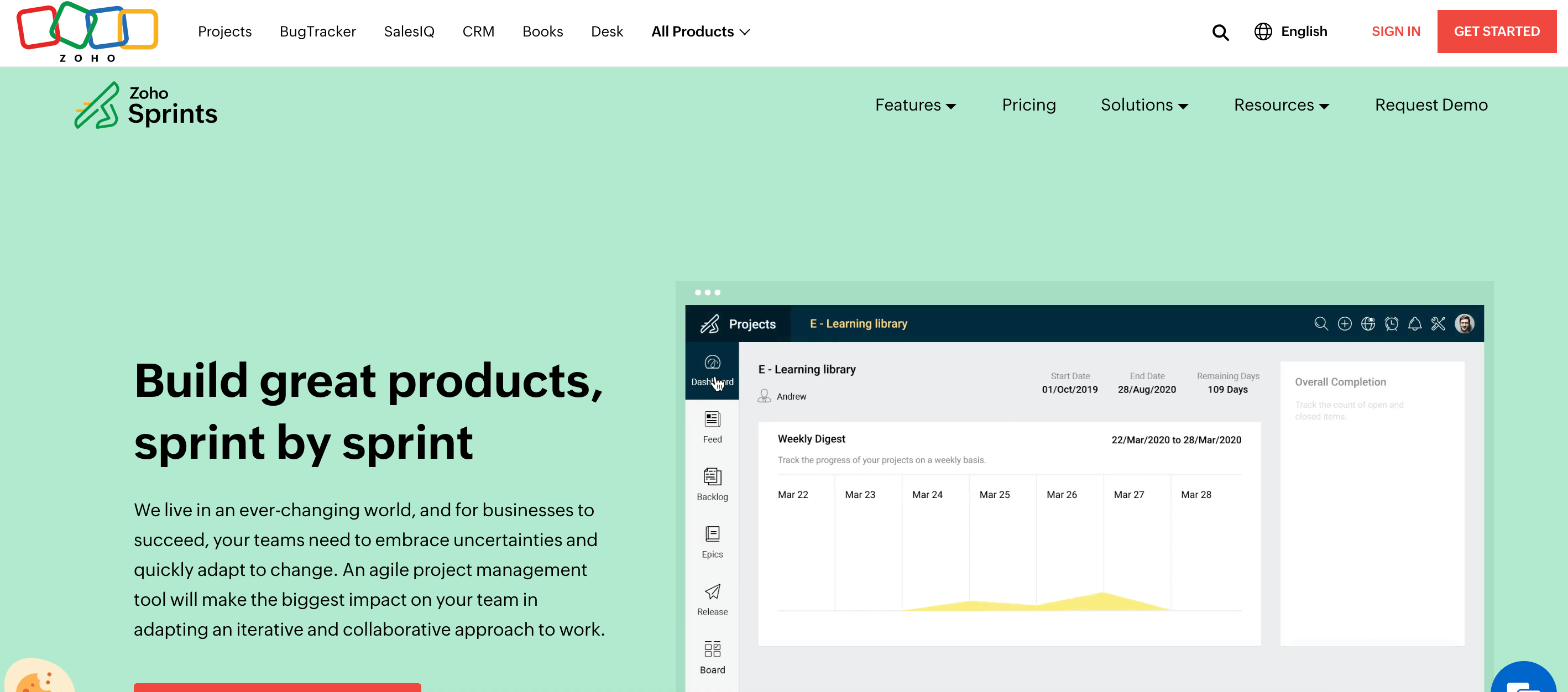
With its user-friendly interface and robust features, Zoho Sprints allows private equity firms to effectively plan, track, and collaborate on their projects.
The software enables teams to create and customize project templates, assign tasks, set deadlines, and monitor progress in real-time, ensuring that all stakeholders are on the same page.
Its advanced reporting and analytics capabilities provide valuable insights to make informed decisions and optimize project performance.
Moreover, Zoho Sprints seamlessly integrates with other Zoho applications, enabling easy data sharing and smooth workflow management.
Pros:
- Intuitive and user-friendly interface
- Customizable project templates
- Real-time tracking and collaboration
- Advanced reporting and analytics
- Integration with other Zoho applications
Cons:
- Limited customization options compared to some competitors
- Steeper learning curve for new users
For who?:
Zoho Sprints is ideal for private equity firms and project teams looking for a comprehensive and efficient solution to manage their projects.
Whether you are a small firm or a large enterprise, Zoho Sprints offers the flexibility and scalability to meet your unique project management needs.
You’ll also like: 11 Best Employer Of Record (EOR) Services and Systems
What Is A Private Equity Project Management Software?
A private equity project management software is a powerful tool designed to streamline and optimize the management of projects within the private equity industry.
This software provides a centralized platform where project managers can track and monitor the progress of various projects in real-time, ensuring efficient collaboration and effective decision-making.
One of the key features of a private equity project management software is its ability to centralize project data.
Instead of relying on disparate systems and spreadsheets, project managers can store all relevant information in one place, making it easily accessible and eliminating the need for manual data entry.
This not only saves time but also reduces the risk of errors and discrepancies.
Task assignment and tracking are also major components of this software.
Project managers can assign tasks to team members and set deadlines, ensuring that everyone is aware of their responsibilities and the timeline for completion.
With the software’s tracking capabilities, managers can monitor the progress of these tasks, identify bottlenecks, and take necessary actions to keep the project on track.
Another important functionality of a private equity project management software is its financial management capabilities.
It allows project managers to monitor project budgets, track expenses, and generate financial reports, providing a clear overview of the project’s financial health.
This helps ensure that projects stay within budget and enables informed decision-making when it comes to allocating resources.
The software also facilitates communication and collaboration among team members.
It provides a centralized platform where team members can share documents, exchange messages, and collaborate on tasks.
This eliminates the need for lengthy email chains and promotes effective communication, ultimately enhancing the overall efficiency of the project.
In addition to these core features, some private equity project management software may offer additional functionalities such as document management and analytics.
Document management capabilities allow users to store and organize project-related documents in a structured manner, making it easy to locate and retrieve information when needed.
Analytics features provide insights into project performance, highlighting key metrics and trends that can inform future decision-making.
Overall, a private equity project management software is an indispensable tool for private equity firms and project managers.
By centralizing project data, streamlining task assignment and tracking, facilitating financial management, promoting communication and collaboration, and offering additional functionalities, this software enhances project efficiency, improves decision-making, and ultimately drives success in the private equity industry.
You’ll also like: Top 12 Best Applicant Tracking Systems for Startups
How To Pick The Right Private Equity Project Management Software?
To pick the right private equity project management software, there are several key factors to consider.
Firstly, evaluate the specific needs of your project.
Different projects require different features and functionalities, so it is vital to identify the requirements that align with your project goals.
For instance, if your project involves a large number of stakeholders, it is important to choose a software that provides effective communication and collaboration tools.
Secondly, consider scalability and flexibility.
A good project management software should be able to grow with your business and adapt to changing project requirements.
Look for a software that offers customizable features and the ability to integrate with other tools or platforms.
This ensures that as your project evolves, the software can support its expanding needs.
Another important aspect to consider is ease of use.
The software should have an intuitive user interface and be easy to navigate, even for those with limited technical expertise.
This ensures that all team members can effectively use the software without requiring extensive training.
Additionally, take into account the availability of customer support and training resources in case any issues or questions arise.
Furthermore, security and data protection should be top priorities when selecting a project management software.
Ensure that the software provides robust security measures, such as encryption and regular backups, to safeguard your confidential project information.
It is also important to verify the software’s compliance with industry regulations, such as GDPR or HIPAA, if applicable to your project.
Consider the cost of the software as well.
While it may be tempting to opt for a cheaper solution, it is essential to balance cost with the features and functionality required for your project.
Evaluate the pricing plans offered by different software providers and consider the long-term value that the software can bring to your project.
In conclusion, when choosing a private equity project management software, it is crucial to carefully assess your project needs, scalability, ease of use, security measures, and costs.
By considering these factors and conducting thorough research, you can select the right software that will effectively support your project and drive its success.
Remember, a well-chosen software can streamline your project management processes, increase efficiency, and ultimately contribute to achieving your project objectives.
You’ll also like:


